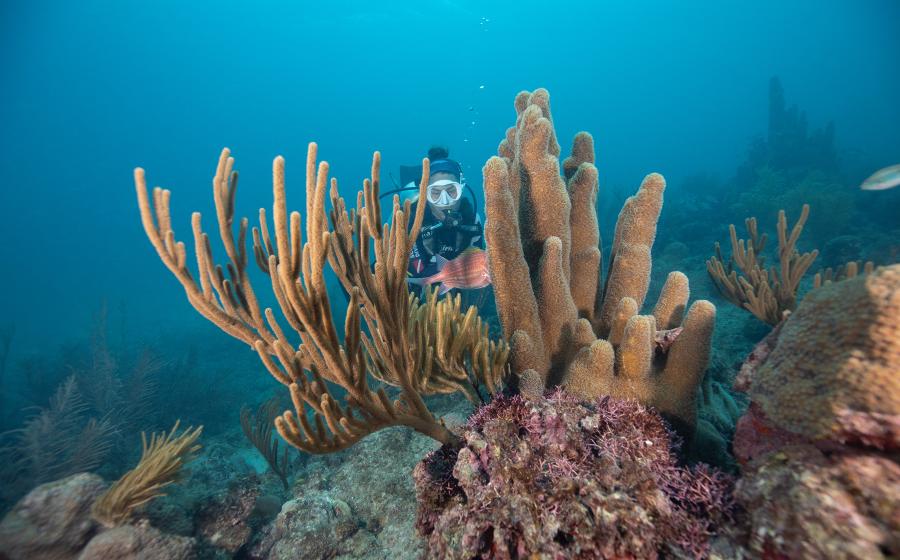What It's Like to Be Hit with Ciguatera Poisoning

Stephen P. HughesCiguatera poisoning can have painful side effects, as illustrated by this account of what it's like to be hit with ciguatera poisoning.
When my family and friends boarded our charter for a week of diving and spearfishing in the U.S. Virgin Islands, we had no idea the vacation would come with lasting side effects.
On the second morning, we went diving off St. Thomas. Our friends went spearfishing, bringing back an 8-pound mangrove snapper. The captain filleted it, slicing open the liver and other organs.
Ciguatera is a toxin that lives in the organs of big reef fish: barracuda, eel, grouper — anything that feeds on smaller fish. I’d heard once in the Bahamas not to eat a fish that’s larger than your arm, elbow to wrist. I used to think that following that precaution was enough.
That night, the captain fried the fish, which looked and smelled the same as any other. It was only after two hours passed that we knew something was wrong.
First came a tingling sensation on the bottoms of our feet and in our fingertips. Then came the vomiting and diarrhea. Eight of us were sick at once, with the kids the worst. My daughter was delirious, losing all awareness of where she was. That sickness, and feeling overtired and spent, lasted two days; every time we thought it was over, another wave took hold. Needless to say, that snapper ruined our trip.
It’s been years, and to this day, we still have neurological symptoms. My wife gets itchy palms if she drinks alcohol. We’re all much more sensitive to heat and cold. My daughter still feels pain in her knees and joints that can last for days.
Maybe weirdest of all, we do still eat fish. We’re just much more careful about the ones we say yes to.
And we’re trying to get the word out: Ciguatera is a neurotoxin that stays in your body forever. There is no treatment.










